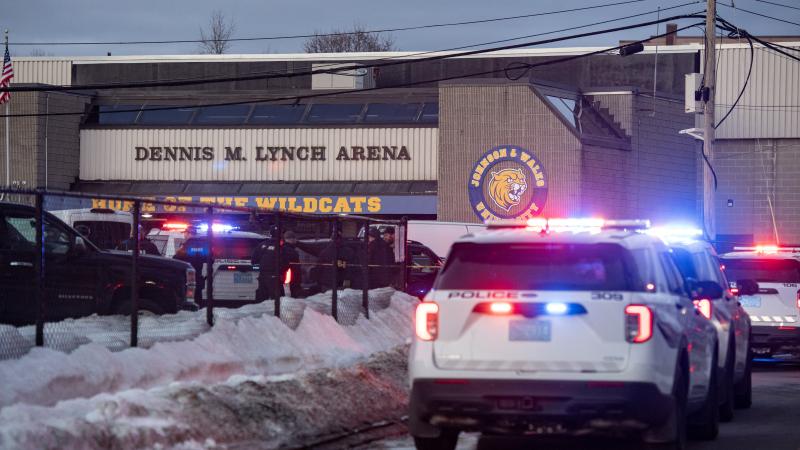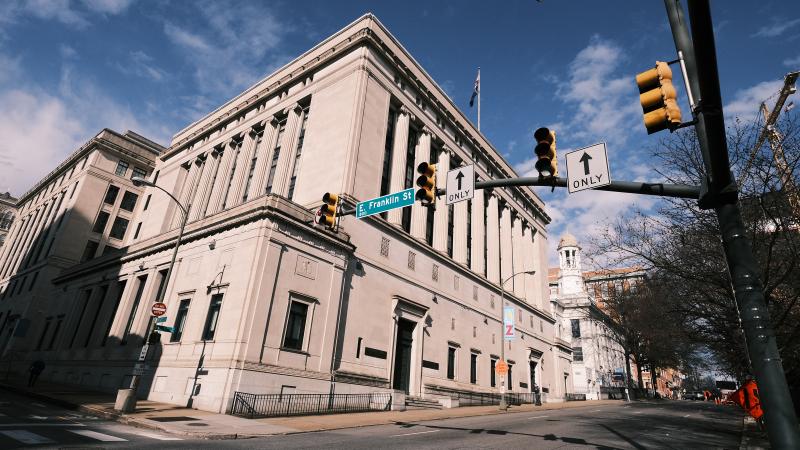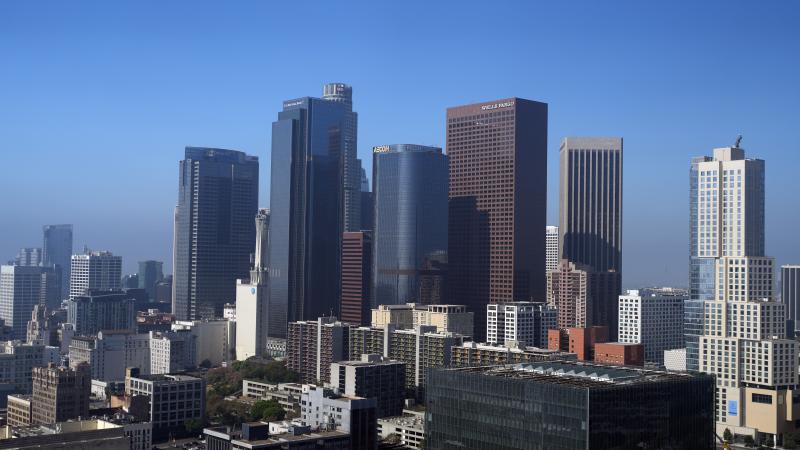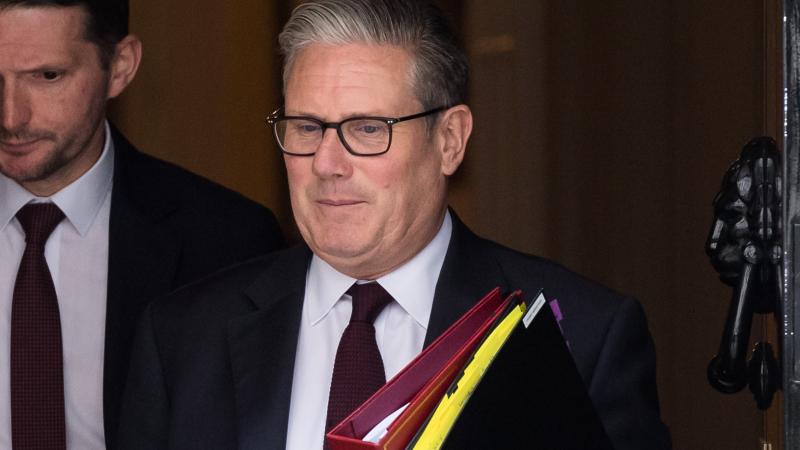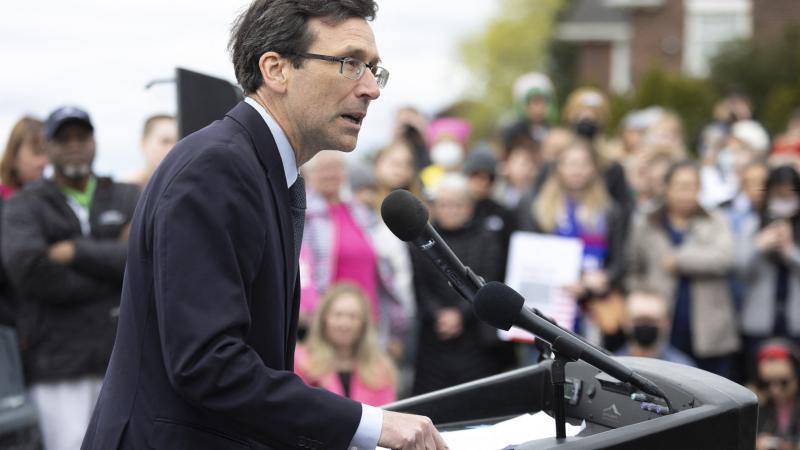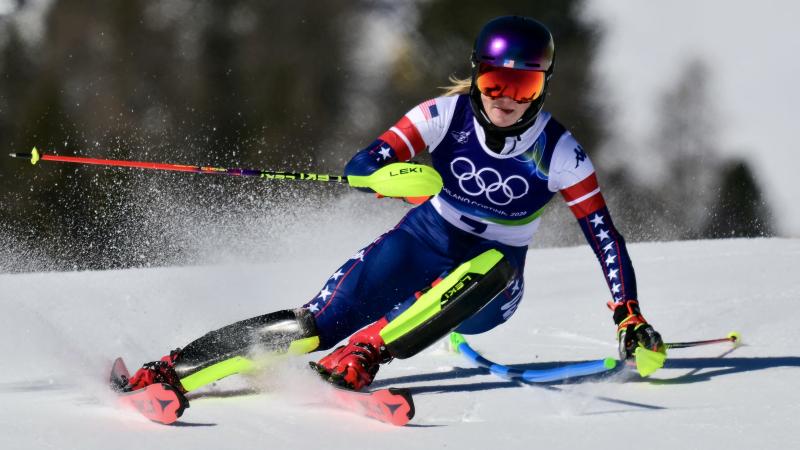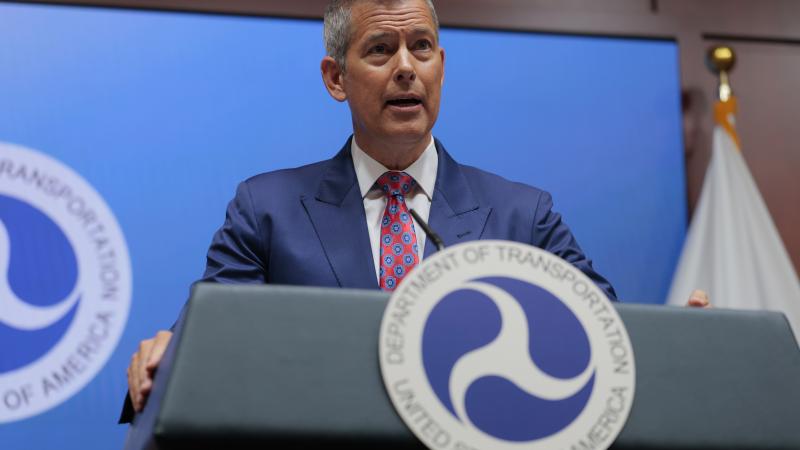Supreme Court rejects case to overturn ruling allowing same-sex marriage nationwide
Kim Davis asked the Supreme Court justices to overrule the landmark Obergefell v. Hodges decision after a jury awarded damages to a same-sex couple whom she refused to issue a marriage license
The Supreme Court on Monday rejected a case to overturn its 2015 same-sex marriage ruling.
Former Kentucky county clerk Kim Davis asked the Supreme Court justices to overrule the landmark Obergefell v. Hodges decision after a jury awarded damages to a same-sex couple whom Davis refused to issue a marriage license, The Hill news outlet reported.
“The Court can and should fix this mistake,” Davis' attorneys wrote in court filings.
The justices declined to take up Davis’ appeal in a brief order, along with dozens of other petitions.
Davis had raised religious objections to issuing marriage licenses to same-sex couples after the Obergefell ruling. David Ermold and David Moore were a couple to whom Davis refused to issue a marriage license, resulting in their lawsuit against her. She was found to have violated a judge’s order in another case, which required her to issue licenses.
The case resulted in Davis being jailed for five days, and the couple obtained their license. Then, Kentucky passed a law allowing clerks to keep their signatures off marriage certificates.
After the couple won $100,000 in emotional distress damages from a jury plus $260,000 in attorneys’ fees, Davis kept fighting in court. Her appeal argued that she has a private First Amendment religious defense against the award, despite acting as a government official.
Davis also requested to overturn Obergefell, arguing that the whole lawsuit would fall if the justices did.
According to the couple, the effort wasn’t properly presented to the Supreme Court, and they argued that Davis had waived the argument earlier in the litigation.
“The Court should hold her to that representation,” the couple’s attorneys wrote. “Reaching the question of whether to overrule Obergefell in the context of this case would also require the Court to first decide thorny questions about how such a ruling would affect Davis’s liability.”
